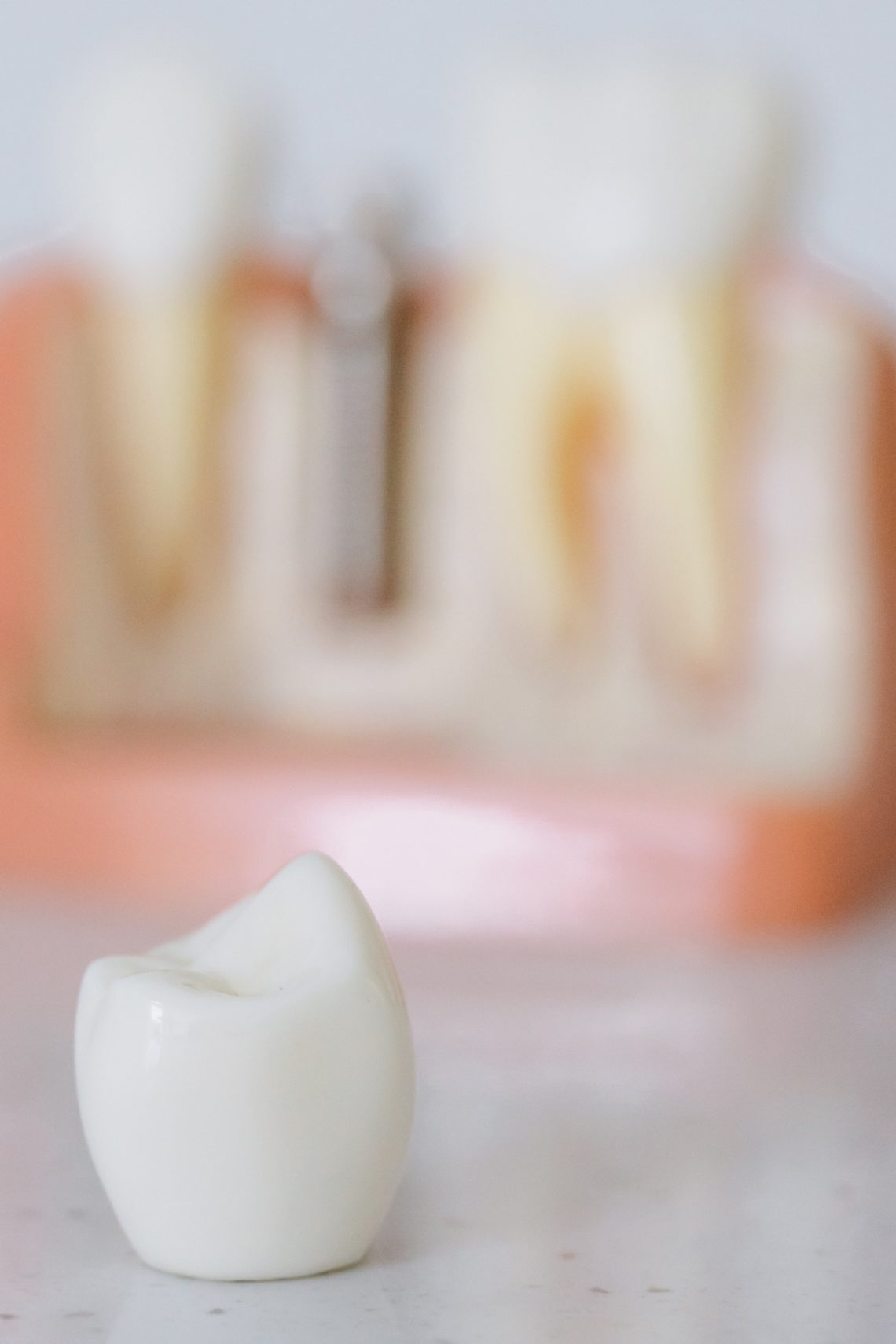
When Do You Need Dental Implants?
If you have missing teeth, you may find it hard to show off your smile. Dentures look unnatural when you smile. No one wants to hide their smile. With dental implants Georgetown, you can smile with confidence again. Missing teeth can lead to bone deterioration, affecting your ability to chew properly. After the surgery, you need to maintain proper oral hygiene to prevent bone deterioration. Read on to learn more about dental implants.

Photo by cottonbro: https://www.pexels.com/photo/close-up-photo-of-an-implant-tooth-6502340/
Bone deterioration can cause difficulty chewing.
Without healthy teeth, the jawbone and soft tissue lose height and shape. Missing teeth can result in excess wrinkles around the mouth, drooping jowls, and an increasingly pointed chin. Bone loss from missing teeth also leads to bone loss around the surrounding teeth, weakening the gums and face. Luckily, dental implants can prevent this bone loss and restore facial function.
Before placing dental implants, your healthcare professional may suggest bone grafting to replace lost bone and stimulate new bone growth. Patients with osteoporosis may also need this procedure. Treatment will depend on your age, gender, and other medical conditions. Once you’ve received your implants, the bone graft can restore the function of your jaw and improve the appearance of your smile.
While bone deterioration can be frightening, the good news is that your dental professional can work with you to find the best treatment option for you. Your new teeth can improve your oral health and prevent bone loss. In addition, you’ll be able to enjoy a full range of dental care, including the installation of dental implants. But before undergoing dental implants, consider these common risks before deciding on this procedure.
Importance of oral hygiene after dental implant surgery
Practicing good oral hygiene after dental implant surgery is crucial for the long-term success of the procedure. Although the implanted teeth themselves are not prone to decay or infection, your new teeth should be properly cared for and cleaned. In addition, sugary foods and beverages should be avoided, as they can irritate the mouth and cause damage to your implants. You may also experience bruxism when your jaw grinds at night.
Besides preventing oral infections and inflammation, observing good oral hygiene is essential for the success of dental implants Cedar Park. It involves proper brushing, flossing, and regular cleaning. You must continue your regular dental hygiene routine for six months after surgery to ensure proper healing. Then, following your dentist’s advice, gently brush your new teeth to avoid irritating your new teeth. Finally, use mouthwash according to the directions of your dentist.
Proper oral hygiene is vital for proper healing. Rinsing with a salt water solution or chlorhexidine mouthwash after surgery is recommended to avoid disturbing the surgical site. However, it is important to brush your teeth gently, especially the healing abutment, to avoid infections. Smoking and smokeless tobacco also have the potential to impair implant healing. Medications and antibiotics are not routinely prescribed after dental implant surgery.
Cost of dental implants
Although there is no standard cost for dental implants, the final price depends on the type of work performed and the location of the procedure. Additional procedures, such as bone grafts, can also affect the final cost. In addition, the cost of dental implants is influenced by the practitioner’s location. For example, practitioners in major metropolitan areas charge higher prices. To help you understand the cost of dental implants, you should read about the different types of costs associated with dental implants.
A cosmetic dentist then makes the abutment and crown. Crown costs vary significantly, but the average is around two to three thousand dollars. One dental practice charges as much as $4000 for a single implant and crown. Understanding how dental implants are priced can help you find the best value for your investment. The average cost per tooth can range from $3,500 to $4,500, though the price of an individual implant may be less.
Although dental implantation is expensive, many people find low-cost options available. Many dentists now offer payment plans. Dental insurance covers a small portion of the cost of an implant. However, the reimbursement may vary depending on the procedure performed.
Additionally, some insurers have a lifetime or dollar cap on dental implants. Dental insurance often covers only about 50 percent of the cost of restorative dentistry. If you pay out of pocket for your dental implants, you may still be able to collect your benefits for two years.



